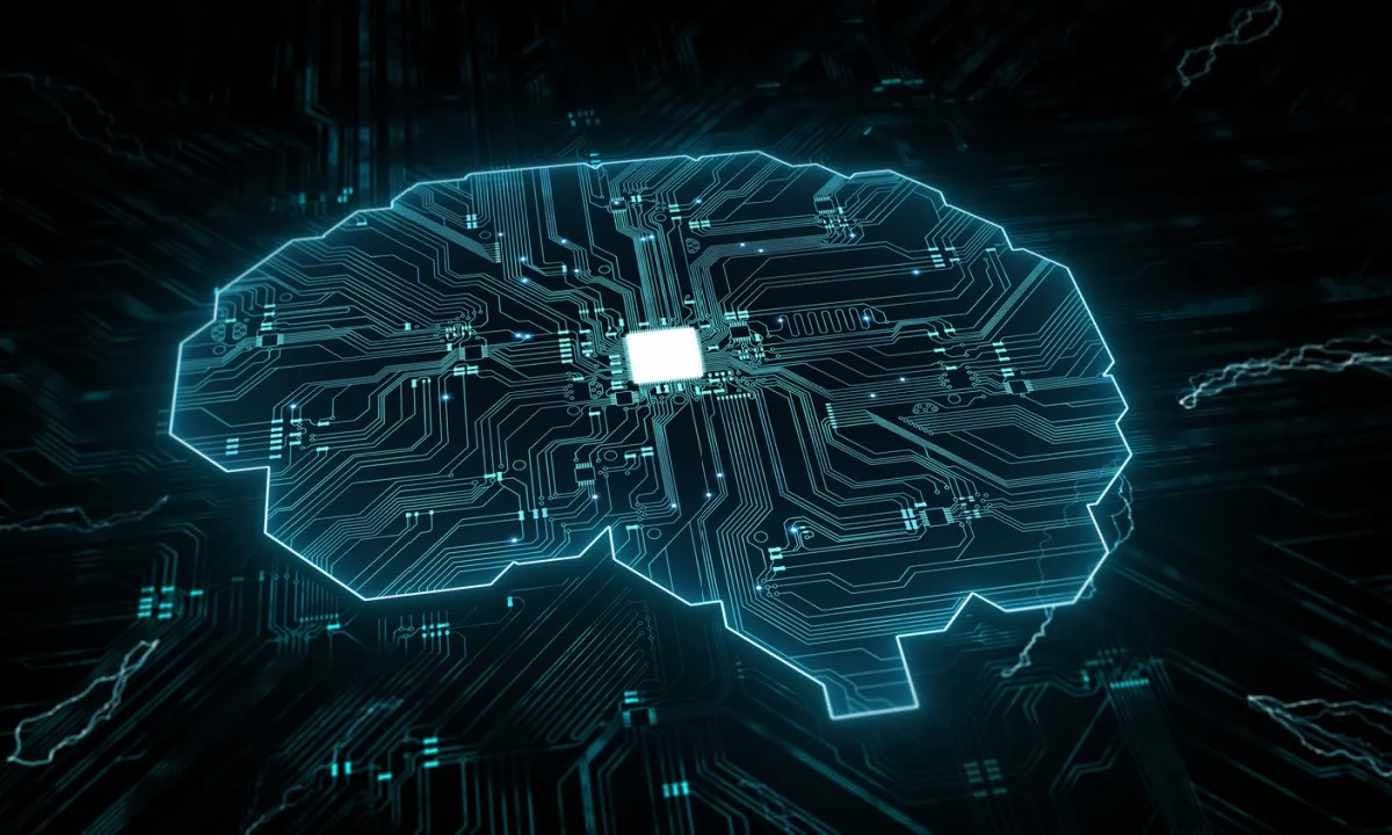126 reads
Artificial Intelligence (AI) And Existential Threats
by
January 8th, 2024
Audio Presented by

Australian technology news journalist. Matt, 20 years of IT systems & networking engineering + security turned Journo.
Story's Credibility



About Author
Australian technology news journalist. Matt, 20 years of IT systems & networking engineering + security turned Journo.
